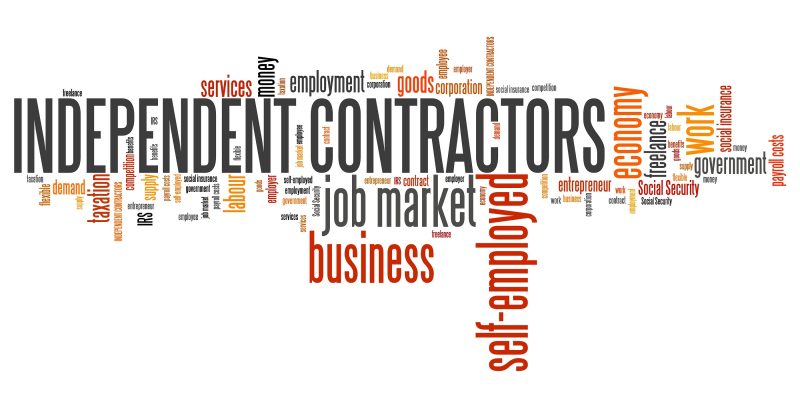Published Sunday, Nov. 24, 2019, 7:52 pm
Gov. Ralph Northam this week released the final report of his Inter-Agency Taskforce on Worker Misclassification and Payroll Fraud, which outlines 11 recommendations to ensure Virginia workers receive the pay, workplace protections, and benefits they have earned.
The report is the result of Executive Order Thirty-Eight signed by Governor Northam in August, which directed the Taskforce to produce updated recommendations to measure and combat misclassification ahead of the 2020 General Assembly session.
An estimated 214,000 Virginia employees are currently misclassified as “independent contractors” by their employers. Among other remedies, the Taskforce recommends increased education for employers and employees, additional funding for investigations into possible wrongdoing, and harsher penalties for businesses that illegally misclassify their workers.
“It’s clear that misclassification is robbing Virginia workers of the pay, benefits, and protections they have earned,” said Northam. “These concrete policy changes will make a tremendous difference for thousands of Virginians and their families, and I look forward to working with the General Assembly to turn these recommendations into law.”
Misclassification keeps workers from receiving fair workplace protections and benefits, creates a competitive disadvantage for Virginia businesses that follow the law, and deprives the Commonwealth of an estimated $28 million in tax revenues each year. The General Assembly has considered the harm of worker misclassification for over a decade.
“After engaging with workers, businesses, and stakeholder groups over the last year, it’s clear that worker misclassification needs to be addressed,” said Chief Workforce Development Advisor Megan Healy. “I am ready to take action to support all workers in Virginia.”
The Taskforce is co-chaired by Secretary of Commerce and Trade Brian Ball and Chief Workforce Development Advisor Megan Healy. Members include representatives from the Virginia Employment Commission, the Workers’ Compensation Commission, the Department of General Services, the Department of Labor and Industry, the Department of Professional and Occupational Regulation, the Department of Small Business and Supplier Diversity, the Department of Taxation, and the Office of the Attorney General.









